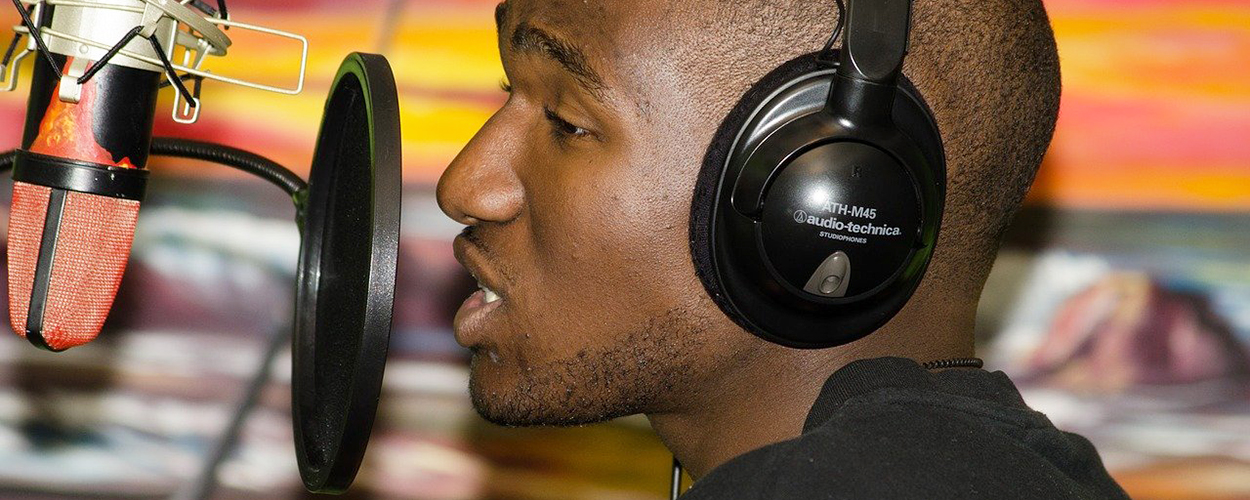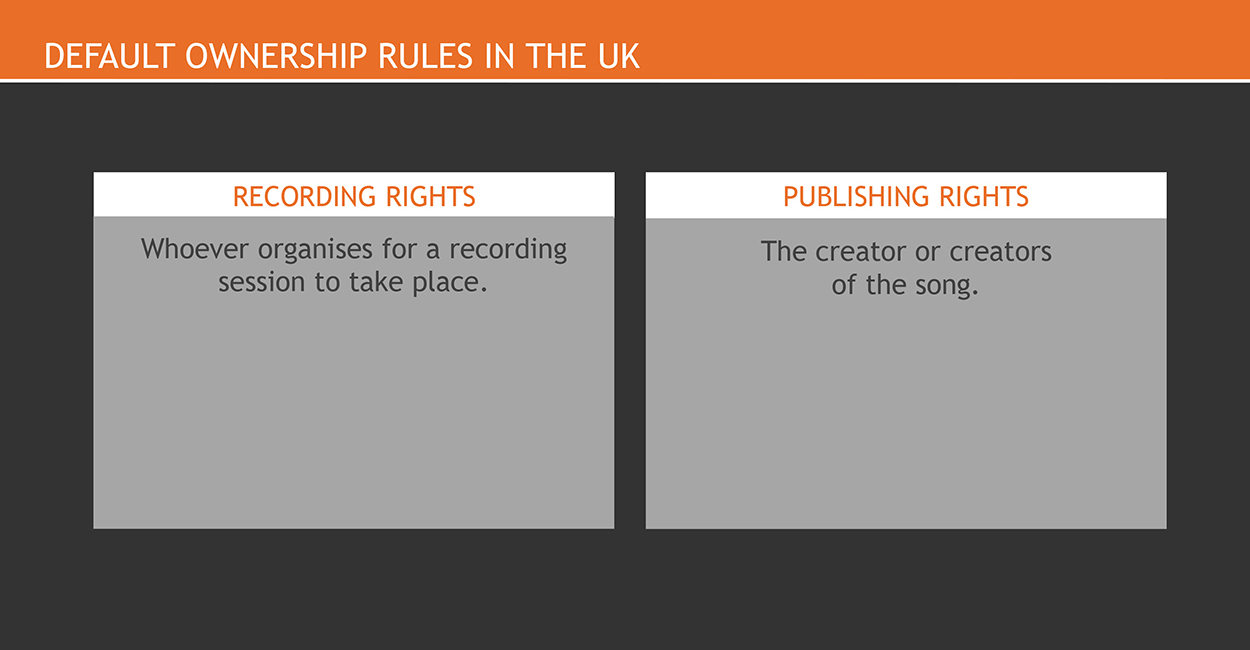This website uses cookies so that we can provide you with the best user experience possible. Cookie information is stored in your browser and performs functions such as recognising you when you return to our website and helping our team to understand which sections of the website you find most interesting and useful.
CMU Trends In Ten Music Copyright Library
CMU Trends In Ten: Artist And Songwriter Rights In Relation To Recordings And Songs
By Chris Cooke | Last Updated: November 2020

This is a ten step guide to the rights artists and songwriters enjoy over their music even and especially when they no longer own the copyright in the songs and recordings they contributed to and created.


#01: Copyright law tells us who the default owner of any new copyright is
Unlike other kinds of intellectual property – such as patents and trademarks – copyright is an unregistered right.
So, from a music perspective, whenever an original song is written, a copyright exists in that song providing it is fixed in some way. And whenever a performance of a song is recorded, a separate copyright exists in the recording. There are no forms to fill out, no money to be paid, the copyrights automatically come into being.
In some countries there may be a copyright registry where new copyrights can be logged, and there may be benefits to logging works in that way. That’s the case in the US, where only registered works benefit from things like statutory damages if a copyright is enforced in court.
Though, even in the US, copyright nevertheless comes into being whenever a song is written or a recording is made. And in many countries, like the UK, there is no copyright registry.
In the absence of a formal process via which individual creators claim ownership of a new copyright, the law needs to provide us with rules about who the default or presumed first owner of any new copyright is.
Those rules can differ from country to country and might be different depending on the kind of copyright. So, for music, the default ownership rules for songs and for recordings may be different.
In the UK, the default owner of a song copyright is the person who wrote and composed the song, whereas the default owner of a recording copyright is whoever organised for a recording session to take place.
Where multiple people co-write a song or co-organise a recording session, they would co-own the resulting copyright.
Co-ownership is very common with song copyrights, because collaboration between creators is also very common. Generally on the recordings side, a single person or company organises the recording session, so there is a single owner. Although if a band organises the recording session, the copyright would likely be shared between band members.
Under many copyright systems there is another rule that says that if someone creates a copyright protected work as an employee of a company, then the company not the employee would be the default owner.
In the US this is known as the ‘work for hire’ principle. In the UK, this rule only applies if the individual is formally an employee of the company, so has an employment contract and is paid through the PAYE salary system.






